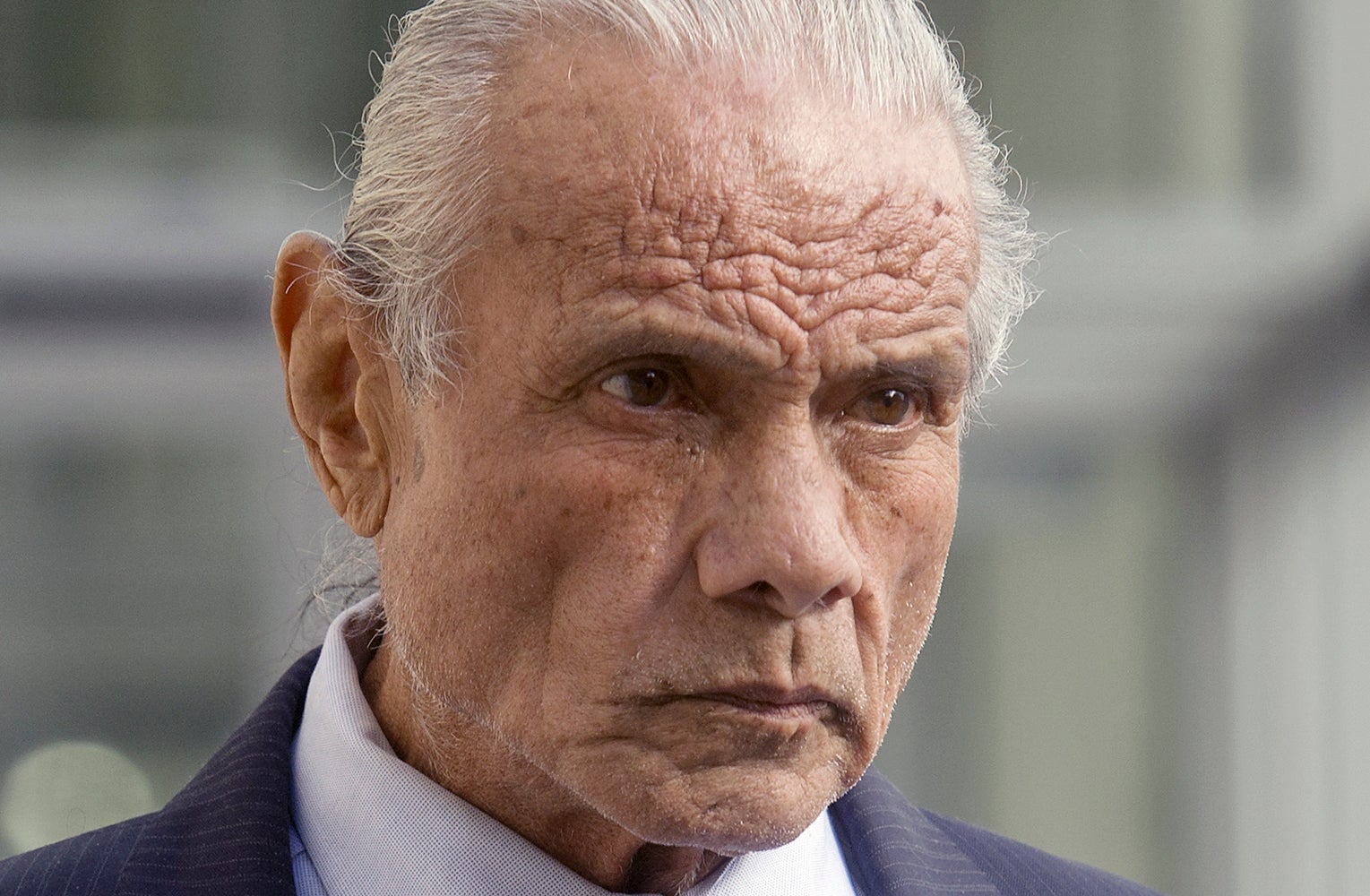Former WWE wrestlers take brain damage case to Supreme Court
Dozens of former pro wrestlers who claimed World Wrestling Entertainment failed to protect them from repeated head injuries are taking their case to the U.S. Supreme Court

Your support helps us to tell the story
From reproductive rights to climate change to Big Tech, The Independent is on the ground when the story is developing. Whether it's investigating the financials of Elon Musk's pro-Trump PAC or producing our latest documentary, 'The A Word', which shines a light on the American women fighting for reproductive rights, we know how important it is to parse out the facts from the messaging.
At such a critical moment in US history, we need reporters on the ground. Your donation allows us to keep sending journalists to speak to both sides of the story.
The Independent is trusted by Americans across the entire political spectrum. And unlike many other quality news outlets, we choose not to lock Americans out of our reporting and analysis with paywalls. We believe quality journalism should be available to everyone, paid for by those who can afford it.
Your support makes all the difference.Dozens of former pro wrestlers who claimed in lawsuits that World Wrestling Entertainment failed to protect them from repeated head injuries are taking their case to the U.S. Supreme Court
A lawyer for the former wrestlers, most of them stars in the 1980s and 1990s, filed a request late Wednesday asking the Supreme Court to hear appeals of lower court rulings that dismissed the lawsuits. Lower courts said the suits were frivolous or filed after the statute of limitations expired.
Among the plaintiffs were Jimmy “Superfly” Snuka, Joseph “Road Warrior Animal” Laurinaitis, Paul “Mr. Wonderful” Orndorff, Chris “King Kong Bundy” Pallies and Harry Masayoshi Fujiwara, known as Mr. Fuji.
They said they suffered repeated head injuries including concussions that led to long-term brain damage, and accused the WWE of knowing of the risks of head injuries but not warning its wrestlers.
The WWE, based in Stamford, Connecticut, continues to deny the allegations and says the lawsuits are without merit, a spokesperson said Thursday.
Snuka and Fujiwara died in 2017 and 2016, respectively, and were diagnosed with chronic traumatic encephalopathy, or CTE, after their deaths, according to their lawyer. Pallies and Laurinaitis died in 2019 and 2020, respectively, of undisclosed causes. Other plaintiffs have dementia and other illnesses, the lawsuit said.
More than 50 former wrestlers filed lawsuits against the WWE. In September, the 2nd U.S. Circuit Court of Appeals in New York City dismissed the litigation. The court upheld 2018 rulings by federal judge Vanessa Bryant in Connecticut, who said there was no evidence the WWE knew concussions or head blows during wrestling matches caused CTE.
The lawyer for the former wrestlers, Konstantine Kyros, based in Hingham, Massachusetts, criticized the rulings and said the former wrestlers have been “deprived of their fundamental rights as US Citizens, including their right to appeal.”
Kyros said the 2nd Circuit court rejected earlier appeals because final rulings had not been made in all the lawsuits. After Bryant made those final rulings in 2018, Kyros appealed again. But he said the 2nd Circuit also rejected those appeals, saying they were filed too late according to a new legal precedent set by the U.S. Supreme Court.
In her 2018 ruling, Bryant also criticized Kyros for repeatedly failing to comply with court rules and orders and ordered him to pay WWE’s legal fees — more than $500,000.
Unlike football and hockey, in which players have suffered similar injuries, WWE matches involve moves scripted and choreographed by the WWE, thus making the company directly responsible for wrestlers’ injuries, the lawsuits said.
The National Football League and National Hockey League were also sued by former players who suffered concussions and other head injuries. The NFL settled for $1 billion, while the NHL settled for $18.9 million.